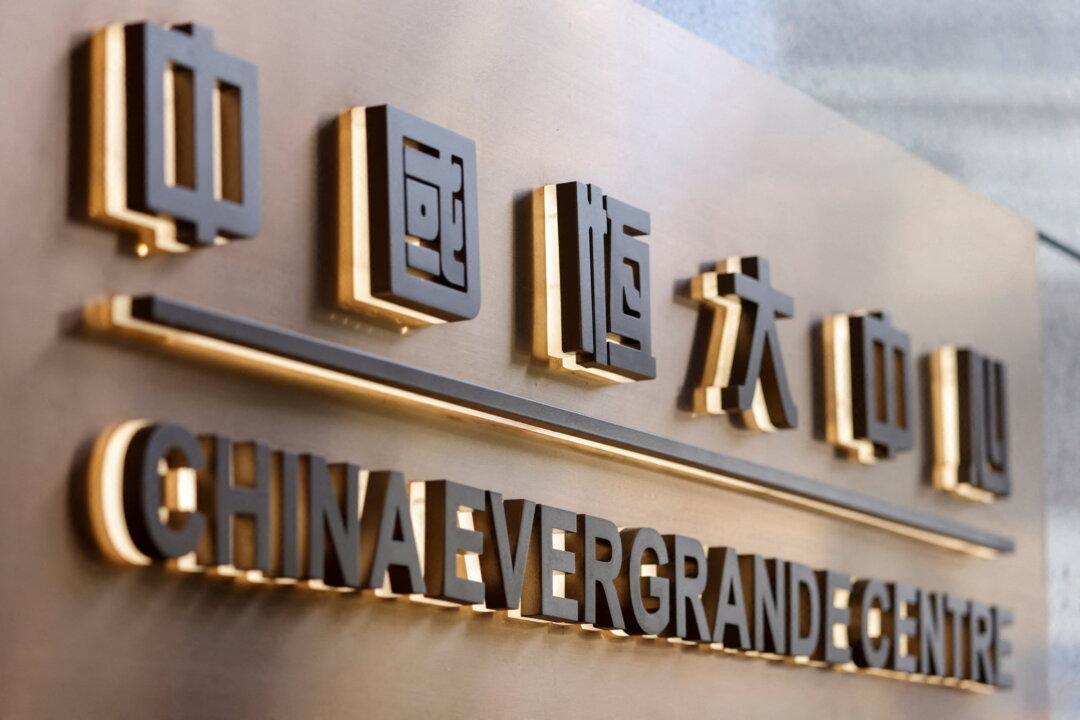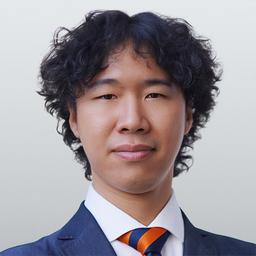China’s security regulator late last month accused China Evergrande Group of exaggerating its revenue by a whopping $78 billion, making it possibly one of the largest financial fraud cases in history. In connection with the fraud, Chinese authorities are investigating the role of PricewaterhouseCoopers LLP (PwC) one of the world’s “Big Four” accounting firms, which served as Evergrande’s auditor for 14 years.
Joshua Ronen, a professor of accounting at New York University, said the incident underscores the flaws in the current audit system, necessitating reforms.





